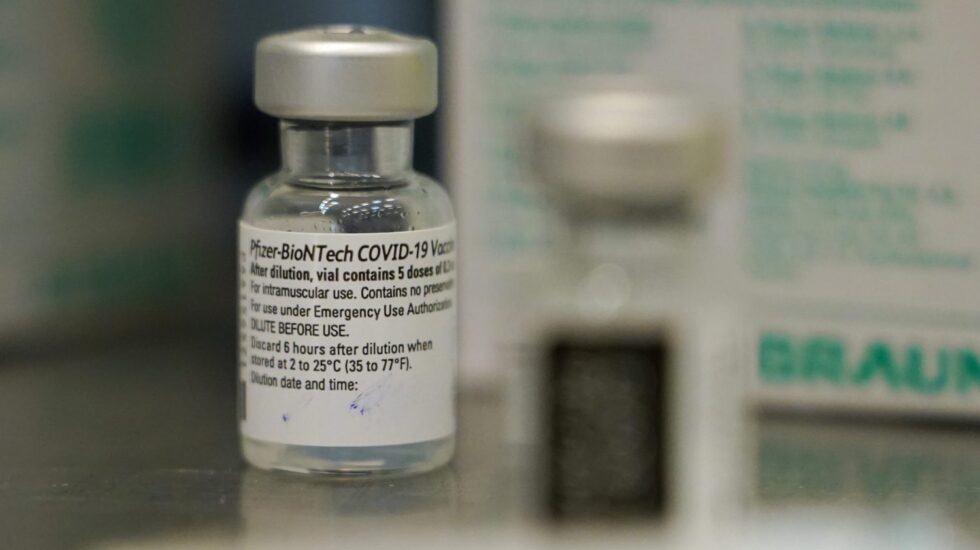The United States will buy 500 million doses of Pfizer’s COVID-19 vaccine and distribute them to approximately 100 countries over the next two years, according to The New York Times.
Pfizer, according to sources, will charge a “not-for-profit” price. The first 200 million doses will be given out this year, with the balance being distributed in 2022.
President Biden will likely announce the move on Thursday at the G7 summit in Britain. Pfizer CEO Albert Bourla is expected to join him.
The White House coronavirus response coordinator, Jeffrey D. Zients, said in a statement that Biden will use the momentum from America’s inoculation efforts “to rally the world’s democracies around solving this crisis globally, with America leading the way to create the arsenal of vaccines that will be critical in our global fight against Covid-19.”
The Washington Post provides context on Biden’s vaccine diplomacy:
Questions about how to proceed have intensified in recent weeks as cases in the United States have receded and infections have surged in some developing countries without adequate vaccine supply, leading to fresh charges of “vaccine apartheid.”
The gap between vaccines “haves” and “have notes” is vast. More than 50 percent in the United States and the United Kingdom have had at least one dose, compared to fewer than 2 percent of people in Africa.
The World Health Organization estimates that 11 billion doses of the COVID-19 vaccines are needed to combat the pandemic.
The Biden administration had previously said it would share 80 million vaccine doses worldwide by the end of June. Governments in the Caribbean, Latin America, South Asia, Southeast Asia, Africa, Gaza and the West Bank are scheduled to be the first to receive the donated doses.
For some activists, Biden’e efforts are not enough. From The New York Times:
They are calling on the Biden administration and leaders of other developed nations to go beyond sharing surplus doses by laying out a plan to ramp up manufacturing overseas, and pushing for vaccine makers to transfer their technology to other nations.



